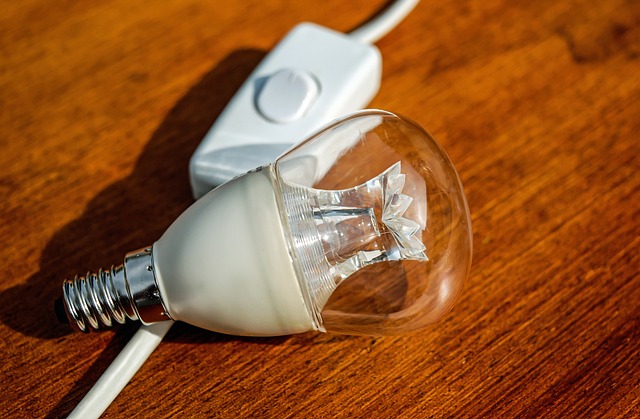Unveiling the Cultural Allure of Slow Living: A Societal Pivot Towards Mindfulness and Simplicity
Every day, more people are drawn to the cultural allure of slow living, a lifestyle that promotes mindfulness, simplicity, and a purposeful pace of life. But what's driving this shift, and what does it mean for our society? Read below to discover how this phenomenon is reshaping our modern world.

The Roots of Slow Living: A Historical Perspective
Slow living isn’t a new concept; it finds its roots in the slow food movement of the 1980s. This movement began in Italy as a protest against the opening of a McDonald’s in Rome. The activists championed the preservation of local culinary traditions, emphasizing quality over convenience. The slow food movement has since expanded into a broader lifestyle philosophy known as slow living. This philosophy encourages individuals to seek balance in a fast-paced, consumer-driven society, advocating for a slower, more mindful approach to life.
The Appeal of Slow Living: A Societal Shift
Today, the slow living philosophy is gaining traction across the globe. This shift is likely a response to our increasingly fast-paced, digital, and busy world. People are overloaded with information, responsibilities, and pressure, leading to stress and burnout. Slow living offers an alternative, promoting mindfulness, balance, and simplicity. It encourages individuals to disengage from the digital world, spend time in nature, engage in meaningful relationships, and find joy in simplicity.
The Impact of Slow Living: Societal and Cultural Implications
The rise of slow living has significant implications for our society. First, it challenges the dominant societal narrative that equates busyness and productivity with worth and success. By encouraging individuals to prioritize their well-being and take time for leisure and relaxation, slow living promotes a healthier, more balanced lifestyle.
Second, the slow living movement has sparked a renewed interest in sustainable and ethical consumerism. Slow living advocates often support local businesses, choose quality over quantity, and strive to minimize their environmental impact. This has influenced trends in fashion, food, and other industries, driving a shift towards more sustainable practices.
Finally, slow living can create more connected communities. By encouraging individuals to slow down, it allows for more meaningful interactions and stronger community bonds.
The Future of Slow Living: Expert Insights
Experts predict that the slow living movement will continue to grow. As our society grapples with the impacts of digital overload and fast-paced lifestyles, more and more people are seeking balance and simplicity. Slow living offers a solution, providing a framework for a more mindful, sustainable, and fulfilling life.
Embracing Slow Living: A Collective Journey
As a society, we stand to gain much from embracing slow living. It offers an antidote to the fast-paced, consumer-driven lifestyle that has become so prevalent. By promoting mindfulness, balance, and simplicity, slow living can lead to healthier, happier, and more connected communities. The journey towards slow living is a collective one, reflecting our shared desire for a more balanced and meaningful life.
In conclusion, the cultural allure of slow living is a reflection of our society’s yearning for balance, simplicity, and mindfulness. It’s a powerful reminder that in our fast-paced world, slowing down can lead to a richer, more fulfilling life.




